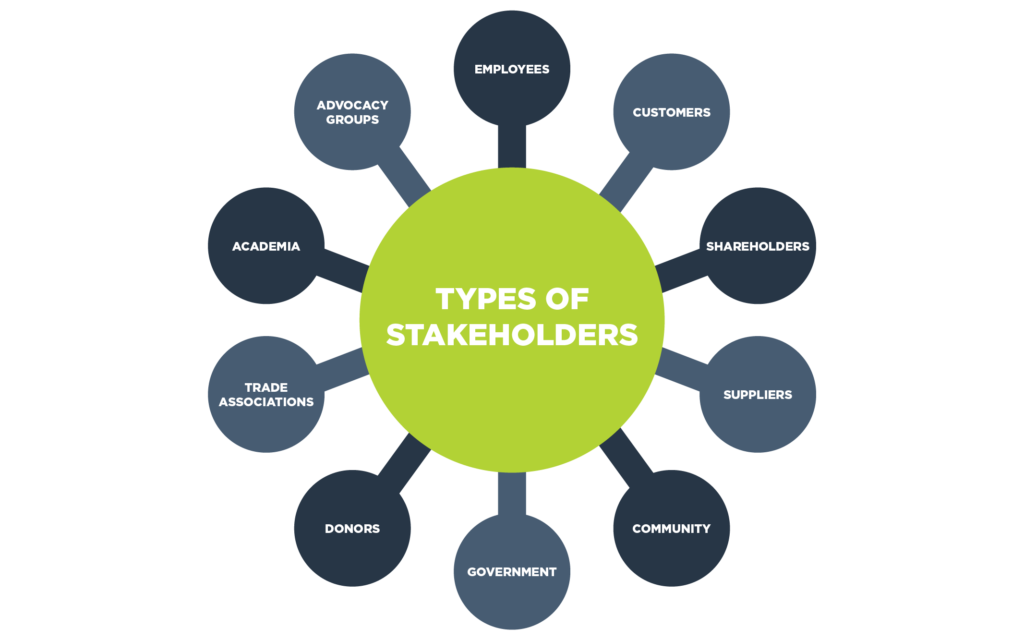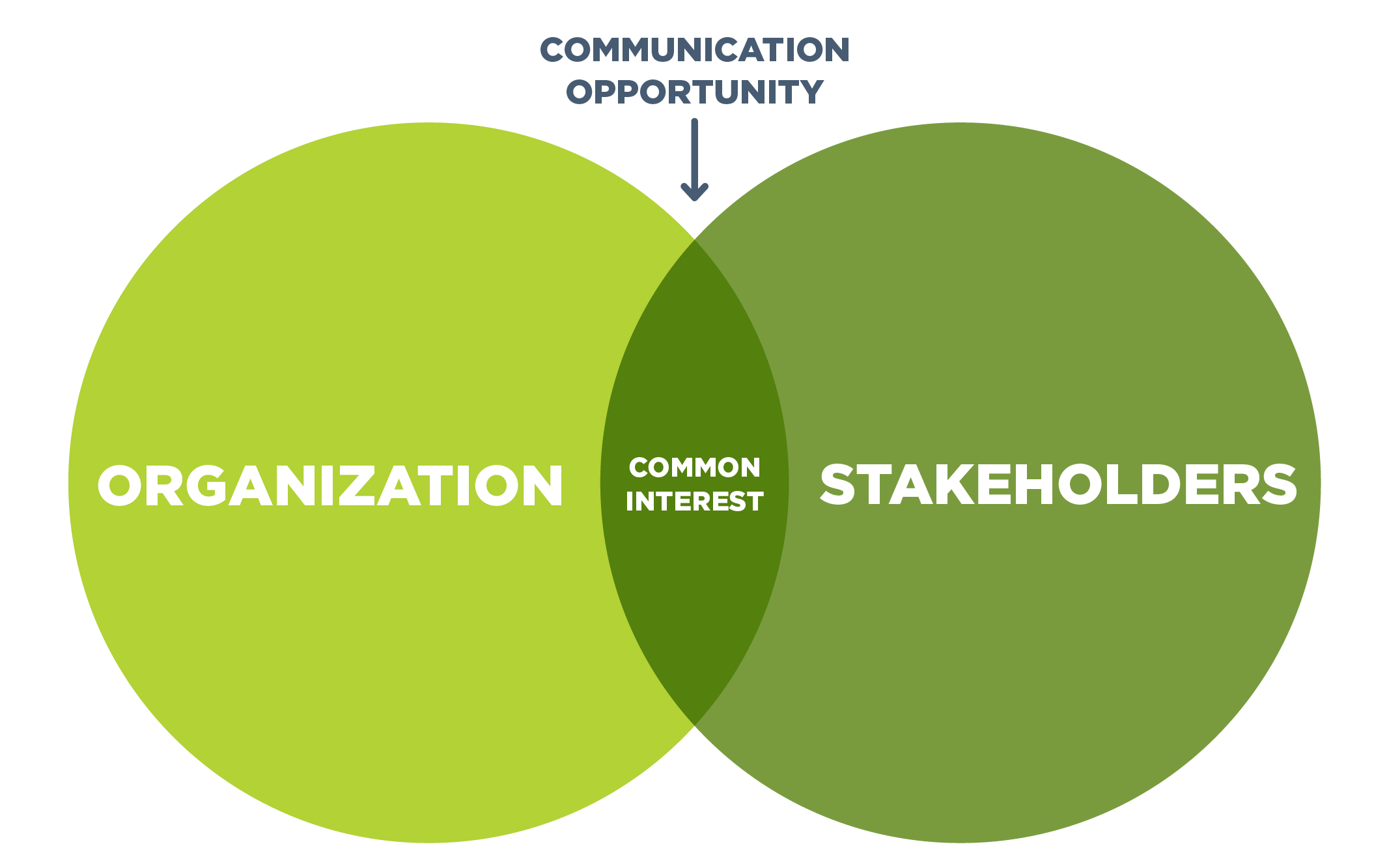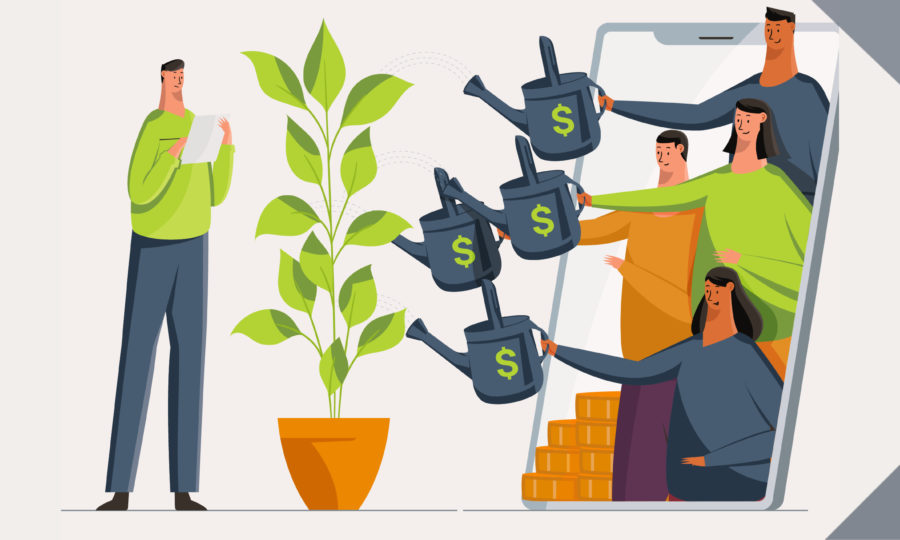The “Keys” to Success
Rob Seas Content Strategist & Copywriter
No business thrives without the support, formal or informal, of key stakeholders. Truly successful businesses constantly work to develop and deepen relationships with national, regional and local stakeholders. These “key stakeholders” can take many forms, but traditionally include employees, customers, shareholders, suppliers, communities and governments. Additional potential stakeholders can include donors, trade associations, academia and advocacy groups (environmental, consumer, health, etc.).

Successful stakeholder relations require identifying and building mutually beneficial connections with the most important groups that share a common interest with your business or organization. Establishing common ground with these stakeholders creates win-win opportunities. Building solid relationships with supportive, like-minded groups provide a hedge against risk and, collectively, lend a more credible, unified voice when speaking about the issues, products and services that matter most to your business.
Keep in mind that the goal of stakeholder relations management is to influence their attitudes, decisions and actions for mutual benefit. They need to gain from the relationship in order to be motivated. A tactful approach is needed to balance the interests of a variety of stakeholders, some of whom may have opposing interests. Careful planning will allow you to build the balance required.

Dig the well before you’re thirsty
Stakeholder relations take time to build and nurture. Conducting research both online and offline will help you identify influencers and potential allies. When you engage them, remember it’s not a “one and done” effort; keep stakeholders on your radar over time. Initiate regular contact with them and keep communication channels open. Great stakeholder relationships will help you navigate challenges and capitalize on opportunities.
Common ways to engage stakeholders include personal interviews, workshops, focus groups, “town hall” meetings and surveys. The benefits of engaging early and often with stakeholders include:
- Their viewpoints can help shape your projects in the early stages, ensuring success.
- Having them in the loop from the start makes them more likely to actively support you when you need it most.
- Knowing where they stand throughout the project will help inform and guide your project planning from start to finish.
As you approach key stakeholders, keep the following in mind:
- Ask questions and listen – understand their position before introducing your agenda
- Maintain empathy and look for win/win solutions
- Be honest, open and transparent about project progress
- Take responsibility for your actions
All this groundwork pays off when an organization needs to pivot due to internal or external factors. Recent work Kinetic completed for Rocky Mountain College (RMC) demonstrates the importance of key stakeholder relations in times of crisis. For this private college, few stakeholders are more vital than donors. And in 2020, COVID-19 forced the college to scrap its traditional annual in-person fundraising event for a digital option. But every challenge creates an opportunity and, with Kinetic’s help and a history of solid alumni and donor relations, the college was able to make lemonade from the ingredients on hand.
Interested in improving your key stakeholder and donor relationships or taking your next fundraiser to the next level? Kinetic can help!
Rob Seas
Content Strategist & Copywriter
Rob graduated from Syracuse University with a degree in Journalism, held a variety of editorial positions across the country and has worked as a freelance web developer for companies large and small, ranging from startups to international corporations like Visa, The Nature Conservancy, and Levi Strauss & Co. before joining Kinetic Marketing in 2021.
Read more about Rob


